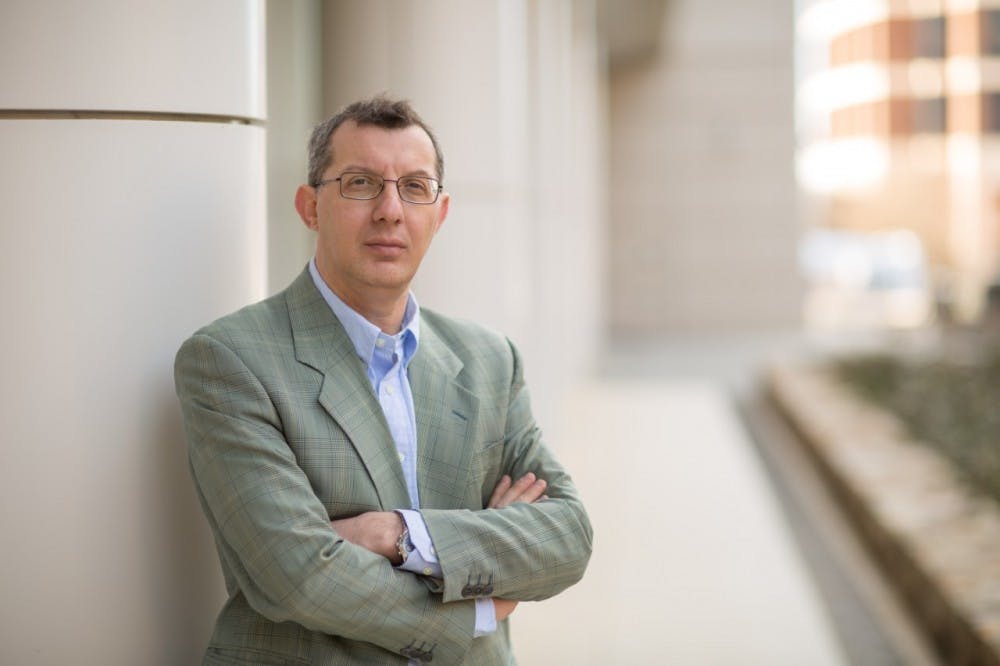Researchers from the UNC Lineberger Comprehensive Cancer Center have discovered a way to genetically engineer immune cells to find and treat brain tumors. While this is an early preclinical study, their discoveries have the potential to change the way glioblastoma and other brain cancers are treated.
This research project originally developed through the Lineberger Center as an effort to develop immunotherapies for cancer. The program’s aim is to genetically engineer immune cells to find and attack a variety of cancers cells. The research team, however, is focusing specifically on a type of immunotherapy being used to treat brain cancer.
Lineberger researcher Gianpietro Dotti led the team in the research and development of the genetically engineered cells. The immune cells they modified are able to specifically hunt tumors that display antigens commonly found in brain tumors.
“We found this antigen that is called CSPG4 that is expressed in a significant fraction of these tumors,” Dotti said.
The prevalence of CSPG4 found in brain tumors is what encouraged researchers to continue their work in developing a way to attack it. The researchers are looking to apply this new treatment to glioblastoma, one of the deadliest forms of brain cancer.
“Glioblastoma is one of the most aggressive brain tumors in humans, and the survival of patients with these tumors is very low,” Dotti said.
Current treatments for glioblastoma are limited, with surgery, chemotherapy and radiation being the only options currently. Chuang Sun, a postdoctoral fellow at UNC and a member of the research team, believes the immunotherapy they have developed would be a much-needed alternative to current treatment for the disease.
“There are very few options for glioblastoma patients,” Sun said. “They mainly rely on surgery, and we know that glioblastoma is not just a single spot of a tumor in the brain. It’s spread all over the brain and most tumors when you do surgery you cannot see. So normally these patients will see a recurrence of the tumor and they need to redo the surgery, and we know that this still cannot remove all tumors, and the lifespan of the patient is very short.”
Therapies similar to this have been developed elsewhere, focusing on targets other than CSPG4, but the prevalence of this antigen in brain tumors provides promise for the effectiveness of this treatment in the future.




